The Future Of The Papacy: A Look At Nine Potential Successors
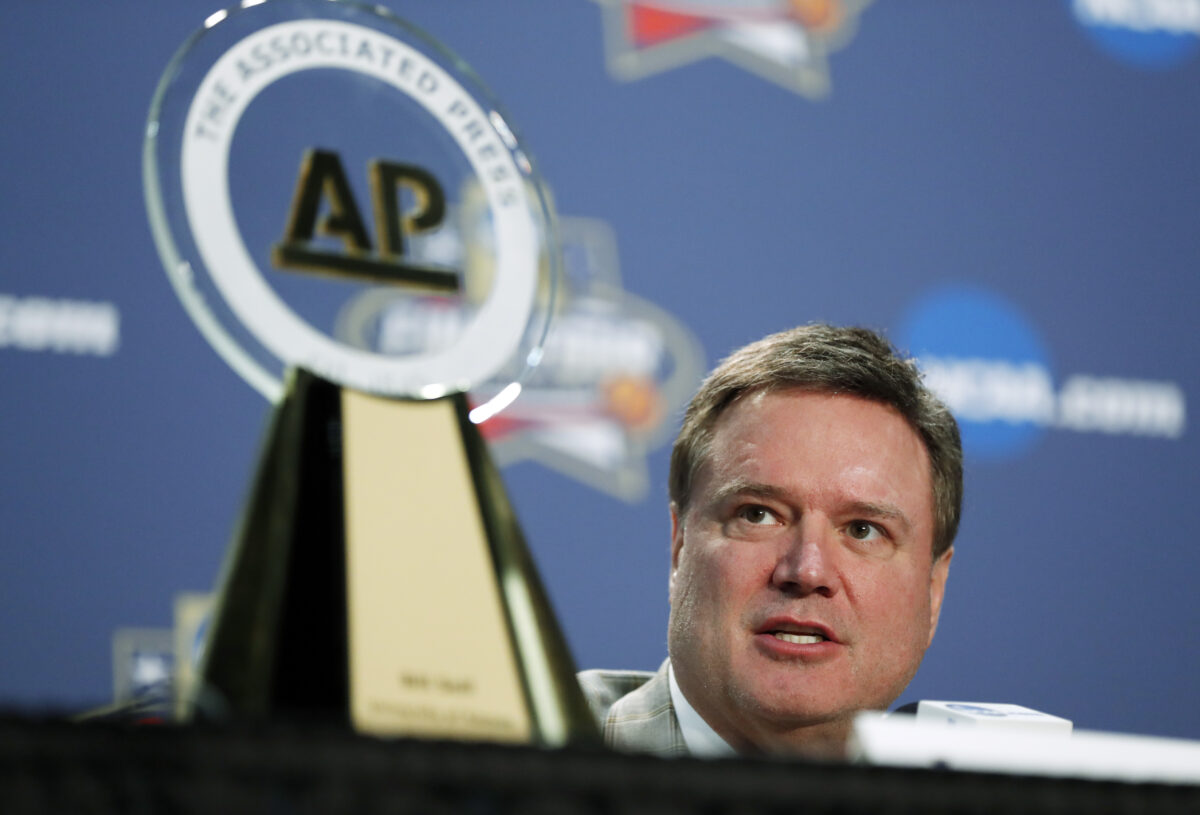
Table of Contents
Cardinal Pietro Parolin – The Diplomat
Cardinal Pietro Parolin is a prominent figure known for his extensive experience in Vatican diplomacy and international relations. His expertise in navigating complex global issues makes him a strong potential candidate for the papacy.
-
Potential Strengths:
- Decades of experience in Vatican diplomacy, including serving as Secretary of State.
- Proven ability to foster ecumenical dialogue and build bridges between different religious groups.
- Skilled negotiator capable of handling sensitive international relations affecting the Catholic Church.
-
Potential Weaknesses:
- Some may perceive him as less charismatic than other candidates, potentially hindering his ability to connect with a wider audience.
- His strong focus on diplomacy might be seen by some as neglecting other crucial aspects of papal leadership.
Cardinal Luis Antonio Tagle – The Theologian
Cardinal Luis Antonio Tagle, known for his progressive views and focus on social justice, represents a different approach to the papacy. His theological depth and ability to connect with younger generations make him a compelling figure.
-
Potential Strengths:
- A respected theologian with a reputation for insightful commentary on contemporary issues.
- Strong emphasis on social justice, addressing issues of poverty and inequality.
- Ability to bridge the gap between traditional Catholic teachings and the challenges of the modern world.
-
Potential Weaknesses:
- Relatively less experience in the complexities of Vatican administration compared to other potential candidates.
- His progressive views may face opposition from more conservative factions within the Church.
Cardinal Marc Ouellet – The Conservative Voice
Cardinal Marc Ouellet represents a more conservative voice within the Church. His traditionalist approach and unwavering adherence to doctrinal orthodoxy have gained him a significant following.
-
Potential Strengths:
- A staunch defender of traditional Catholic teachings and values.
- Likely to appeal to more conservative Catholics concerned about perceived shifts in Church doctrine.
- His strong commitment to maintaining doctrinal orthodoxy could provide stability during times of change.
-
Potential Weaknesses:
- His conservative views may be seen as resistant to calls for reform and greater inclusivity within the Church.
- He may struggle to connect with younger generations who may hold different perspectives on social and moral issues.
Cardinal Oscar Andrés Rodríguez Maradiaga – The Reform Advocate
Cardinal Oscar Andrés Rodríguez Maradiaga is a vocal advocate for Church reform and a champion of social justice. His outspokenness on issues of inequality and his call for significant changes within the Church make him a distinctive potential successor.
-
Potential Strengths:
- A passionate advocate for social justice and addressing issues of inequality within and beyond the Church.
- His willingness to challenge the status quo could bring about needed reforms and greater transparency.
- He possesses a strong understanding of the needs of developing nations and the challenges faced by the global Catholic community.
-
Potential Weaknesses:
- His reformist agenda could face considerable opposition from more conservative elements within the Catholic hierarchy.
- Implementing significant changes requires navigating complex power dynamics within the Vatican.
Three Other Prominent Cardinals (Briefly Mentioned)
Beyond the four discussed above, several other cardinals stand out as potential successors. These include Cardinal Leonardo Sandri, a seasoned Vatican official; Cardinal José F. Gomez, the Archbishop of Los Angeles; and Cardinal Fridolin Ambongo Besungu, the Archbishop of Kinshasa. Each brings unique experience and perspectives to the table, adding to the complexity of predicting the future of the papacy.
Considerations Beyond the "Top Tier"
The selection of the next Pope involves multifaceted considerations extending beyond the most frequently discussed candidates.
- Regional Representation: The papacy's global reach necessitates consideration of regional representation and the needs of diverse Catholic communities worldwide.
- Influence of the College of Cardinals: The College of Cardinals plays a crucial role in the papal election, with their collective wisdom shaping the outcome.
- Impact of Global Events: Unforeseen global events can significantly influence the selection process, highlighting the unpredictable nature of the future of the papacy.
The Importance of Papal Qualities
Regardless of theological stances, certain qualities are essential for effective papal leadership.
- Strong Leadership and Communication: A Pope must be a strong leader capable of communicating effectively with diverse groups.
- Pastoral Experience: Deep pastoral experience and an ability to connect with people from all walks of life are crucial.
- Theological Depth and Intellectual Acumen: A profound understanding of Catholic theology and intellectual agility are necessary to address complex challenges.
Predicting the Unpredictable: Challenges in Forecasting the Future Papacy
Forecasting the next Pope is inherently challenging due to several factors.
- Unforeseen Circumstances: Unexpected events and shifting geopolitical landscapes can dramatically influence the selection.
- Secrecy of the Conclave: The secretive nature of the papal conclave makes predicting the outcome extremely difficult.
- Diverse Perspectives: The diverse viewpoints and priorities within the College of Cardinals contribute to the uncertainty surrounding the future of the papacy.
The Future of the Papacy: Potential Trends and Impacts
The next Pope's selection will have profound implications.
- Shifts in Church Doctrine and Policy: The new Pope's theological stance could influence shifts in Church doctrine and policy on various issues.
- Impact on Global Catholicism: The selection will shape the future direction and priorities of the global Catholic Church.
- Interfaith Relations: The next Pope's approach to interfaith dialogue will significantly impact relations with other religious communities.
Conclusion:
The future of the papacy remains a subject of considerable speculation and debate. While predicting the next Pope with certainty is impossible, examining the potential candidates allows for a better understanding of the possible trajectories the Catholic Church may take. The nine individuals highlighted here represent a range of perspectives and experiences, and the selection of the next pontiff will have profound implications for the global Catholic community. Further research into the lives and theological positions of these Cardinals is crucial to a more complete understanding of the future of the papacy. Understanding the various perspectives and considering the potential impact of the next papacy is vital for anyone interested in the future of the Catholic Church.

Featured Posts
-
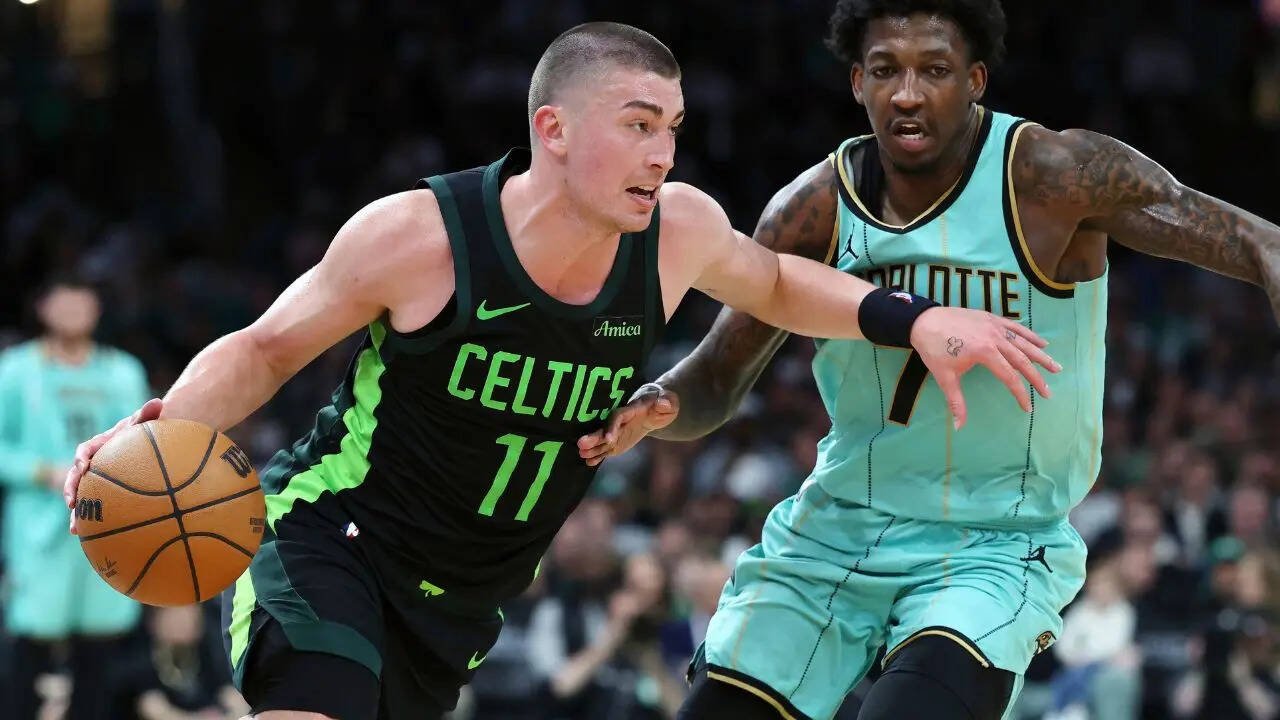 Payton Pritchards Sixth Man Award Victory A Week Of Triumph
May 12, 2025
Payton Pritchards Sixth Man Award Victory A Week Of Triumph
May 12, 2025 -
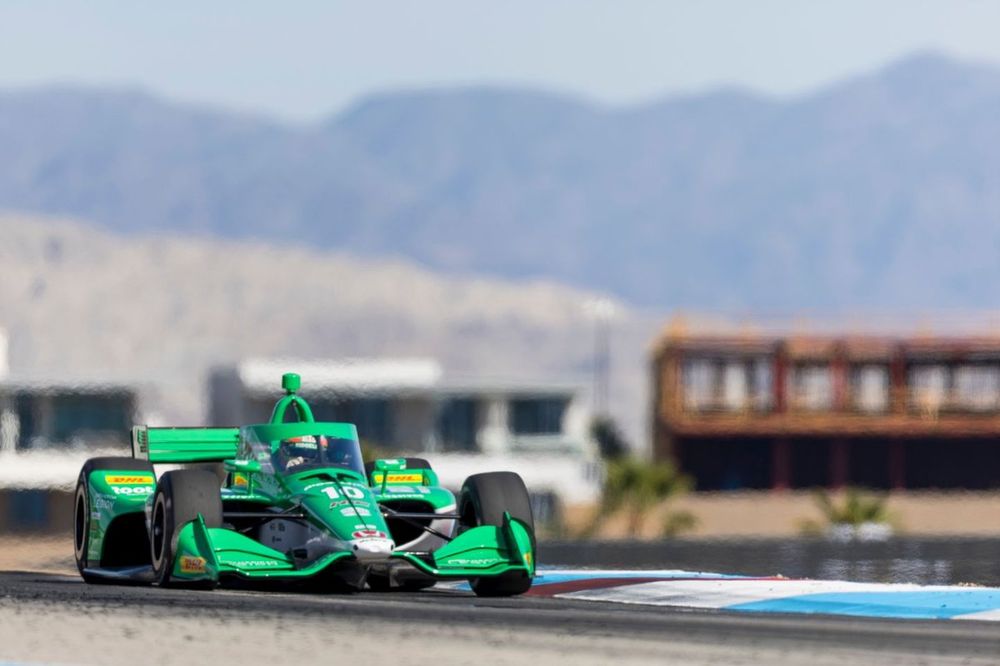 Indy Car Warm Up At Thermal Club Palou Fastest Dixon In Pursuit
May 12, 2025
Indy Car Warm Up At Thermal Club Palou Fastest Dixon In Pursuit
May 12, 2025 -
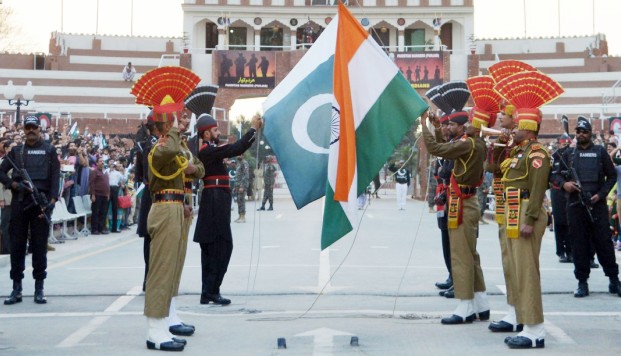 India Pakistan Ceasefire What It Means For The Region
May 12, 2025
India Pakistan Ceasefire What It Means For The Region
May 12, 2025 -
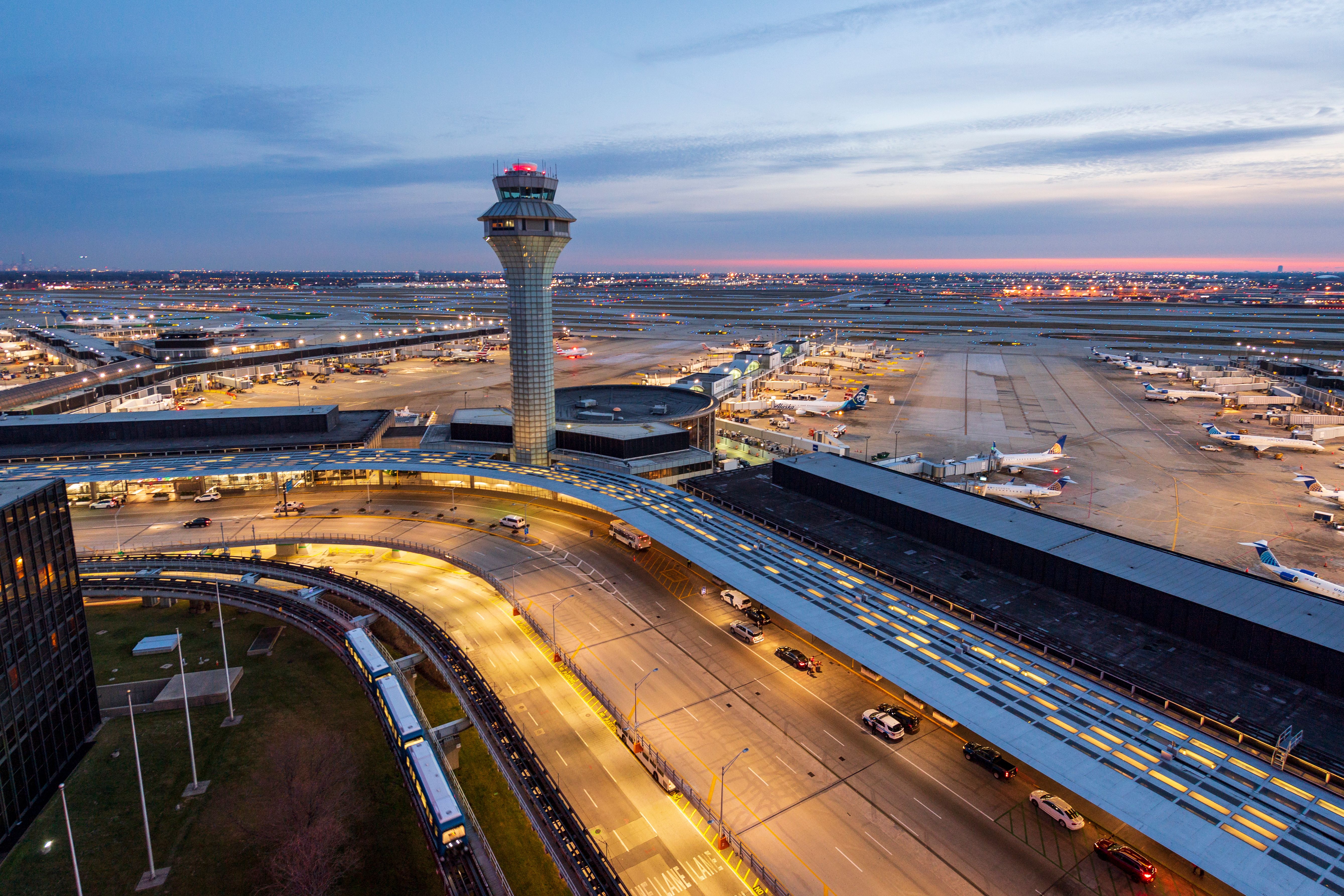 United Vs American The Battle For Chicago O Hare Airport Supremacy
May 12, 2025
United Vs American The Battle For Chicago O Hare Airport Supremacy
May 12, 2025 -
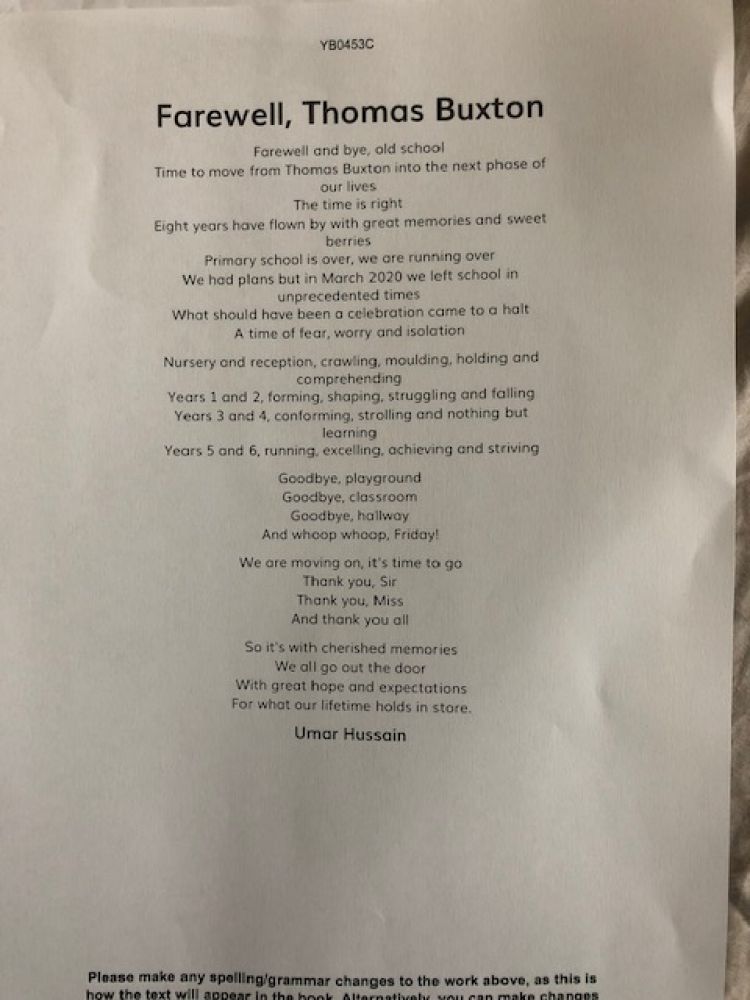 Bayerns Bundesliga Triumph A Fitting Farewell For Thomas Mueller
May 12, 2025
Bayerns Bundesliga Triumph A Fitting Farewell For Thomas Mueller
May 12, 2025
